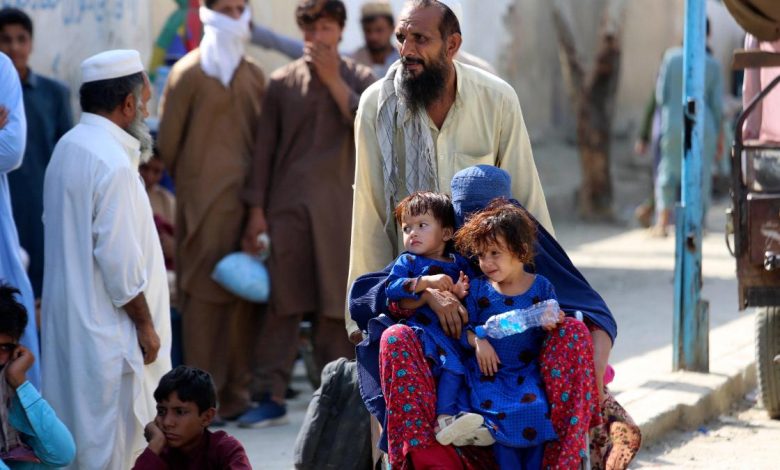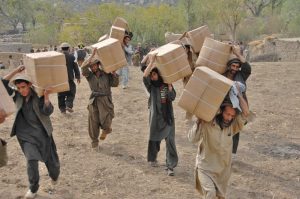
World Bank Report: Afghanistan’s Economic Future Is Dark for Another Year
Bayan News – The World Bank stated in its latest report that the outlook for Afghanistan’s economy shows a bleak picture until 2025.
The report, prepared and published in April, states that the lack of Gross Domestic Product (GDP) growth, coupled with a decrease in foreign aid, has led to an economic recession in Afghanistan.
According to the report, in the past two years, following the Taliban’s reestablishment of control over Afghanistan, the country’s economy has experienced a 26% decline. Additionally, the Taliban’s actions to ban opium cultivation in the country have reduced the GDP by 8%.
The World Bank expressed that with the decline in prices, economic activity in Afghanistan has remained stagnant, resulting in a continuously recessive economy with no real GDP growth from 2023 to 2025. This will cause the country’s per capita income to remain at 2022 levels by 2025.
According to the World Bank, the decline in demand has led to a significant reduction in inflation. The report states that by February 2024, the overall inflation rate in the country had decreased by 9.7%, indicating a decline in the overall inflation rate.
However, despite the presence of markets, recent reports indicate that Afghanistan is facing a humanitarian food crisis, and people lack purchasing power.
Previously, the World Bank had provided reports indicating improvements in Afghanistan’s macroeconomic indicators, which some economic observers criticized.
In the report, the World Bank states that the factors of the opium cultivation ban, reduced liquidity, and increase in the value of the Afghan currency have been influential, and the recent return of Afghan migrants and the earthquake in Herat have intensified these challenges.
According to the bank, since August 2021, when the Taliban returned to power in Afghanistan, the value of the Afghan currency has increased by more than 22% against the dollar.

The increase in the value of the Afghan currency has made Afghan export goods more expensive in international markets and reduced demand. This has had negative effects on the country’s export potential and further increased the trade deficit.
The ban on opium cultivation has resulted in a loss of $1.3 billion in income for farmers, which is equivalent to approximately 8% of the country’s GDP.
However, the World Bank continues to state in the report that approximately half of Afghanistan’s population is trapped in extreme poverty, and around 15 million people are experiencing food shortages.
Taliban’s Reaction to the Report
Zabihullah Mujahid, the spokesperson for the Taliban interim government, claims that a bright future awaits Afghanistan’s economy.
He stated to National Radio and Television: “A good economic stimulus has begun in Afghanistan, and the government has prioritized the economy. The future of Afghanistan’s economy is not dark; the past was dark.”
The Taliban spokesperson emphasized: “By mining, standing tall in agriculture, and harnessing water resources, and engaging in important economic activities, we will have a bright future.”







